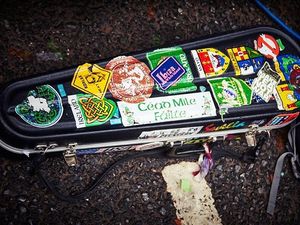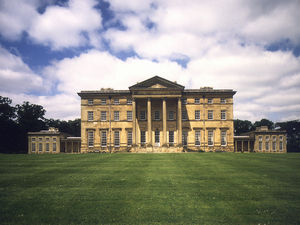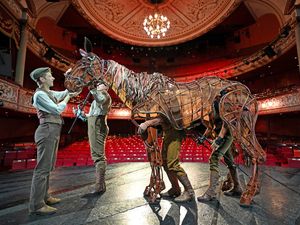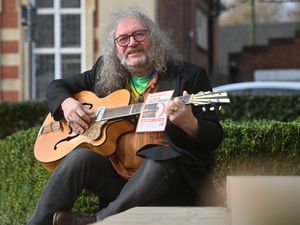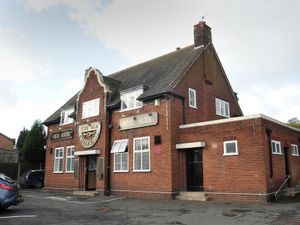TV review: HMP Aylesbury - Black Mirror
Monday evening's television offered us two very different views of the criminal justice system, and both were, like, well depressin', bro, innit?
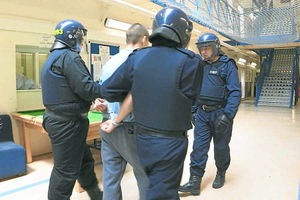
That's how they talk on the wing in HMP Aylesbury, ITV's much publicised look at life inside one of Britain's 16 dedicated establishments for young offenders.
And if its 60 minutes were enough to drive you to drink, then the second story in Charlie Brooker's Black Mirror series served as both grim nightcap and sickly post-pub horsemeat kebab.
I don't think I've ever been so depressed after an evening's telly. In fact, if I start writing poetry in a few paragraphs you'll know why.
Aylesbury presented a bleak picture of life inside, a world of violence, fear, boredom and hopelessness.
"Ninety per cent of the prisoners will knuckle down," said prison governor Kevin Leggett. But it's the 10 per cent who cause 90 per cent of his problems. They're the ones you have to worry about.
And they're so young, too. There are 420 prisoners aged between 18 and 21 at Aylesbury, and many of them are in for murder or rape. A quarter are "lifers".
Most of them seemed to come from some horrible parallel universe of misery, broken homes and poor schooling. They could barely speak in coherent sentences, and used 'innit' almost every other word.
It was like A Clockwork Orange, but without the laughs.
Within a few minutes of the opening credits one inmate had been taken hostage in his cell by three other inmates. The feeling of threat was palpable.
I imagine the camera crew could scarcely believe their luck. 'TV gold!', they must have been thinking, whereas for everybody else it was just another day at the office.
I'm not altogether sure what was the more tragic – the inmates, who seemed casually immune to violence and stuck on their life's path like (stolen) runaway trains, or the staff, who were dedicated and hard-working, yet only keeping a lid on the situation. They simply didn't have the support in place to change anything about their young prisoners.
When the best they can offer a 21-year-old is a painting by numbers set, the sort of thing you'd give to a very young child, you know something's gone very wrong somewhere.
Take serial offender Caspean Hogg, for example. The hang 'em and flog 'em Daily Mail reader in me wouldn't have been bothered in the least if he was locked up for good, while the drippy, quiche-munching Guardian part of me realised that wasn't the answer.
Hogg's father was murdered when he was a little boy, and now that he's a father himself – a son born when he was only 14 – he's taking anti-psychotic medicine and says he wants to change.
I'm sure he does, but if we find ourselves watching Hogg Junior's prison days in a few years time I won't be surprised.
Mind you, when Hogg Junior reaches adulthood the grim world imagined by Black Mirror may well be a reality.
Instead of a prison, those convicted of the worst crimes imaginable are condemned to live out their sentences confronting the horror of their deeds to satisfy the baying mob's lust for revenge. And entertainment.
And once that's happened, our prisoners have their minds wiped so they can do it all over again the next day. And the day after that. And the day after that. An endless cycle of misery played out to entertain the Jeremy Kyle viewer in all of us.
Still, it's only fiction. The real-life situation seems to be much, much worse.
Andrew Owen

